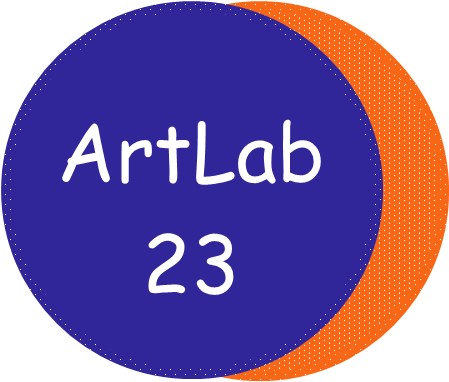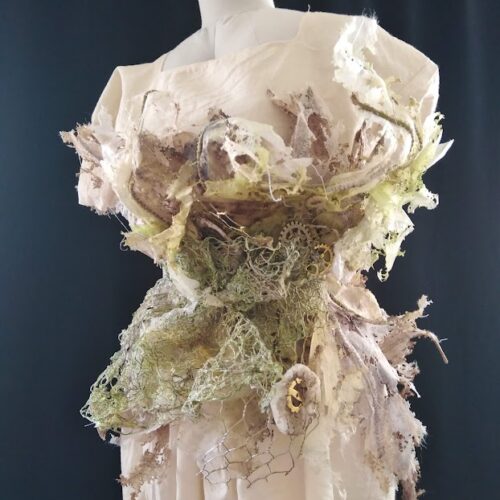
Popping over with work: Popova on show
This is a post from the weareoca.com archive. Information contained within it may now be out of date.
OCA tutor Hayley Lock reports:
‘Yelena Popova has been busy. With shows open at Cole Gallery, London; works in ‘Gaiety is the Most Outstanding Feature of the Soviet Union’ at The Saatchi Gallery also in London and with a brief drop in to NN Gallery in Northampton before being part of a group show in Basel in May, Popova’s recent output appears as dense as the work itself.
The first work encountered on entering the gallery space is a wall filled with highly coloured paintings made by a seemingly anonymous Grandad Hill, Popova’s co-conspirator in the show. These painted scenes of urban landscapes, of houses and of collieries are brassy, flat and brightly tinged in tangerine and green.
The link to Popova’s work is at first far from clear. I am told they are painted from his memories but the link to Popova’s work still evades me.
To the left is a low lying screen displaying a film titled ‘Particular Matter’. Sitting down to watch, the reoccurring circles and pale washed out landscapes from China are beginning to make sense. ‘Particulate Matter’ is an eight minute video piece where Popova interviews Grandad Hill, the painter of those brassy discarded landscapes. Grandad Hill, seated, wearing a beret adorned with medals is 92 years old and a veteran coal miner. He is seen drifting in and out of ending conversations, a conversation we are not party to. The narrator, Popova herself, starts to talk about her recent return for China, referencing the political, the milky horizon-less landscape, Turner and the quiet pollutants from ongoing industrial production.
It is explained that ‘Particulate Matter’ the title given to the film on her return,concerns matter that is so infinitely small it is invisible to the eye. She references back to Grandad Hill who struggles quietly with each breath.
Next, along the narrow corridor leading to the main exhibition space are two small and seemingly quiet framed postcards. It is at this point that Popova’s questioning of the materiality of painting really kicks in. Each postcard has Popova’s signature curves and bulbous forms painted over the top of them all white with gloss paint. It is hard to see what lies beneath, perhaps they are nobles?

These pieces lead us nicely on to the main gallery space which is filled in the first obvious corner with oval, circle and rectangular paintings balancing precariously on gilded segments of chair legs, arms and empty frames. The impact works. Despite their pale luminescence the carefully chosen pale mocha walls allow the works to roll fluidly from space to object forcing you to stand back, watch and move carefully around them should they fall. The trepidation one feels is an interesting response. Forcing the viewer to stand and take on board the multiplicity of the works with its faded portraits of kings and queens from history, their shared luminescence, the gold.
Each piece, painted with large swoops of white pigment on linen teeter between abstraction and recognition. Each layer, and there are many, builds up towards a recognised past and ebbs away with a small daub of gold. This small daub of gold leafshimmers and in some instances then disappears. Popova again appears to ask questions about materiality, representation, wealth and economical value. These paintings are stripped down to their barest, white pigment on linen with a small splash of gold.
Away from the corner we find two horizontally opposing figures. Painted again in white pigment on linen, these portraits appear to be in conversation. Reminiscent of the work of Hans Holbein, these mirrored identities appear to be privately detained.
The last and only singularly standing piece in the show is ‘Figure, Untitled, 2013’. Taking centre stage on the back wall of the gallery, this almost religious painting reflects back for me all the concerns of the artist. From Grandad Hill and his abandoned paintings, to China and then to Northampton, Popova continues to ask questions about production, materiality and the value of painting.’
Yelena Popova & Grandad Hill
21st February – 14 April
NN Gallery Northampton
Photo: Joe Brown & NN
|
|






